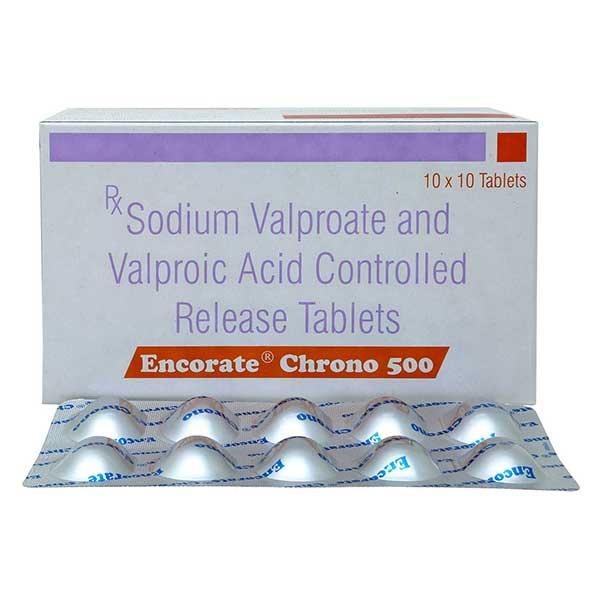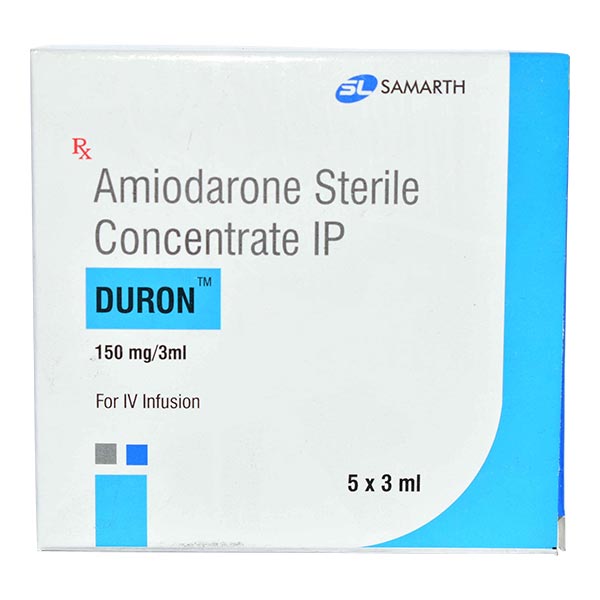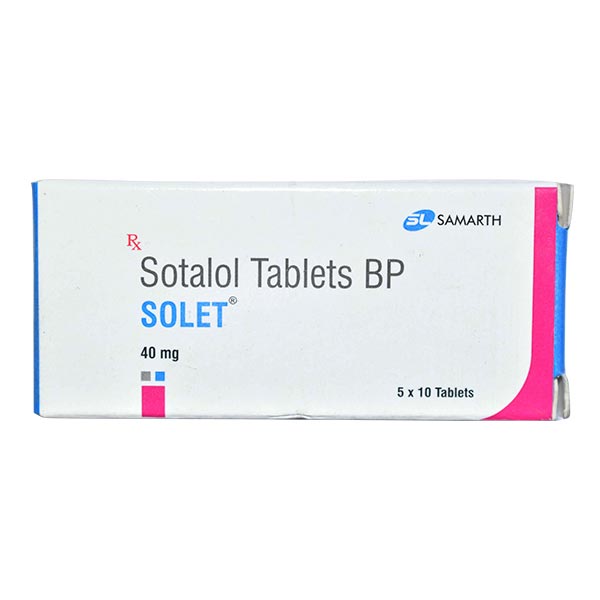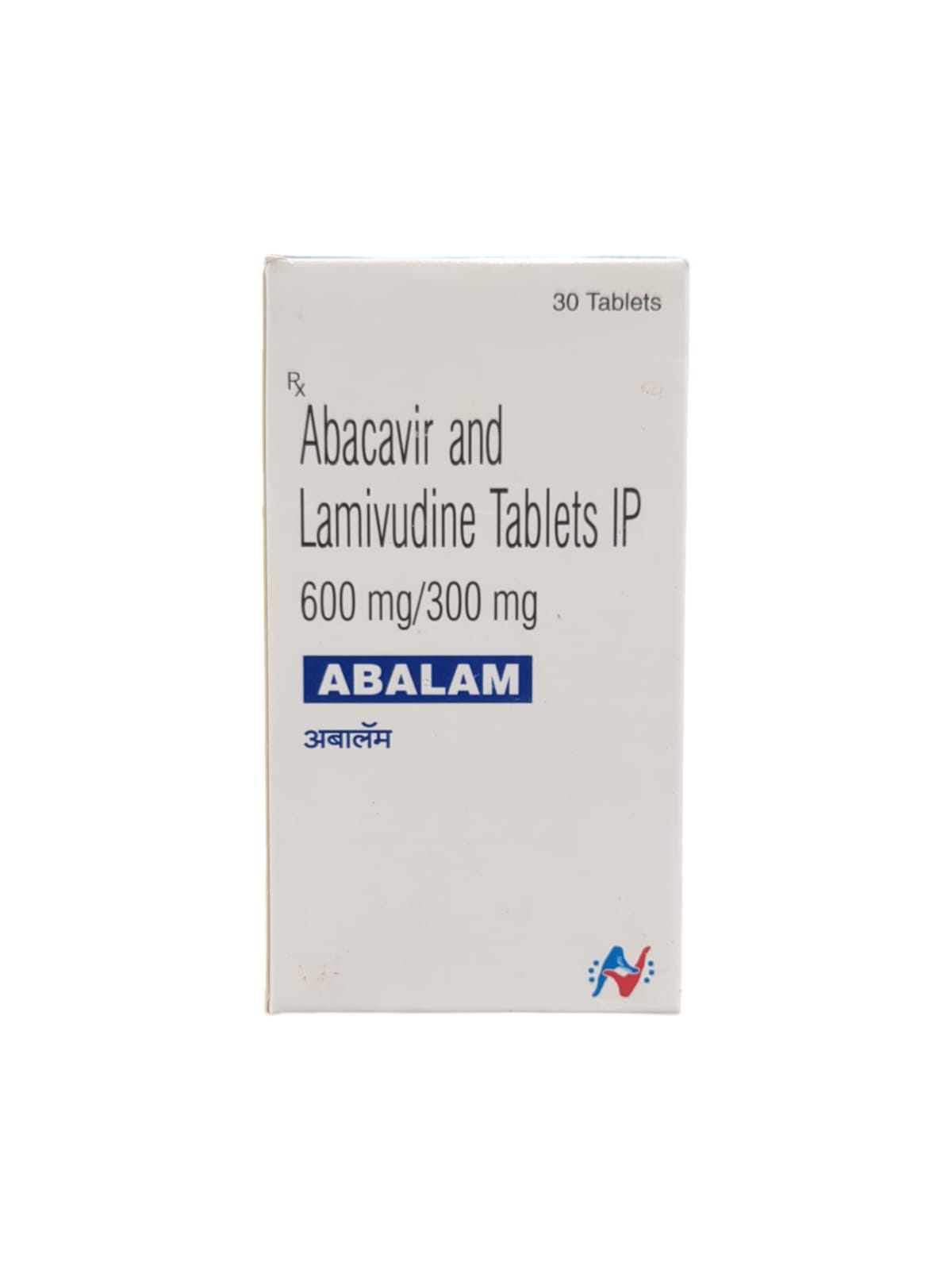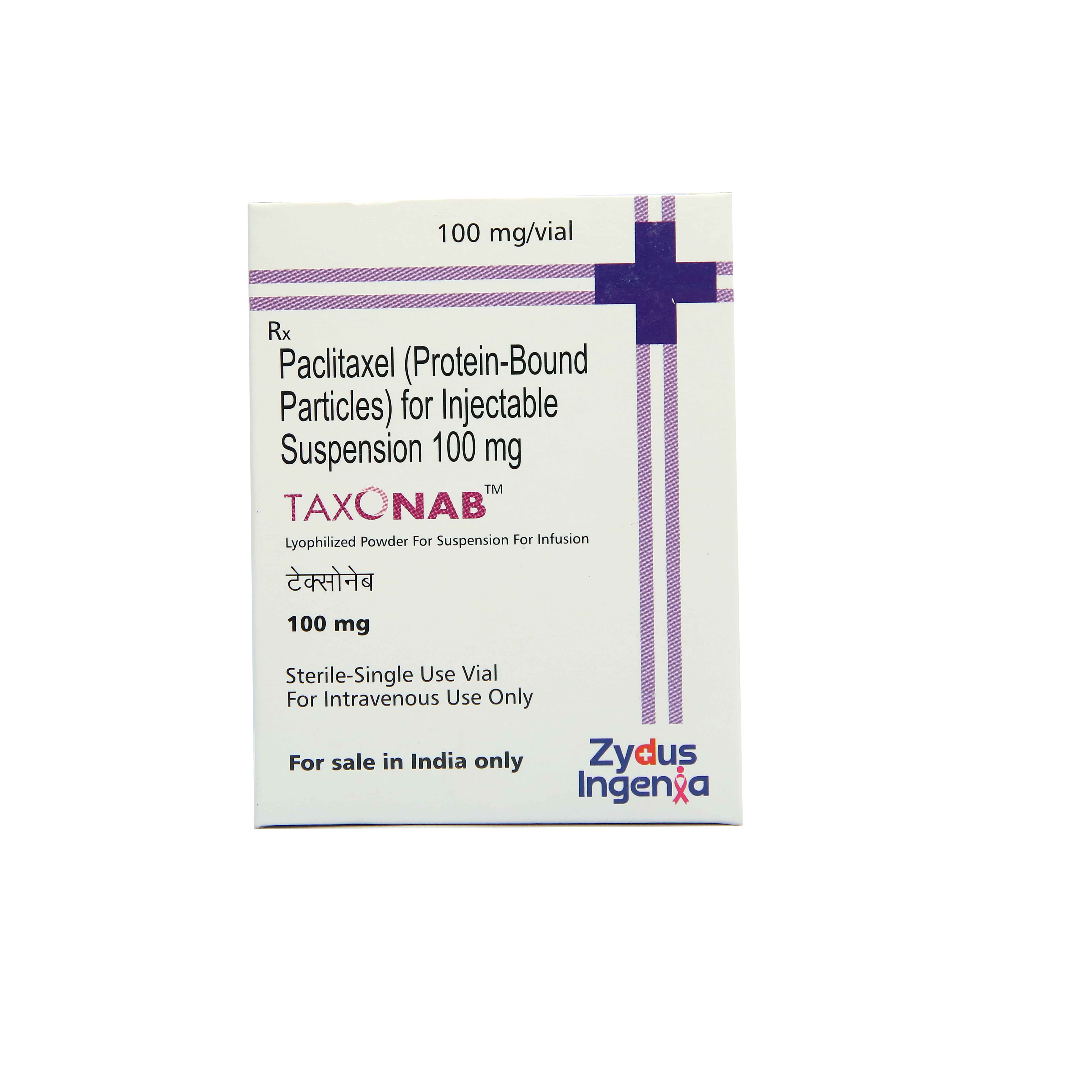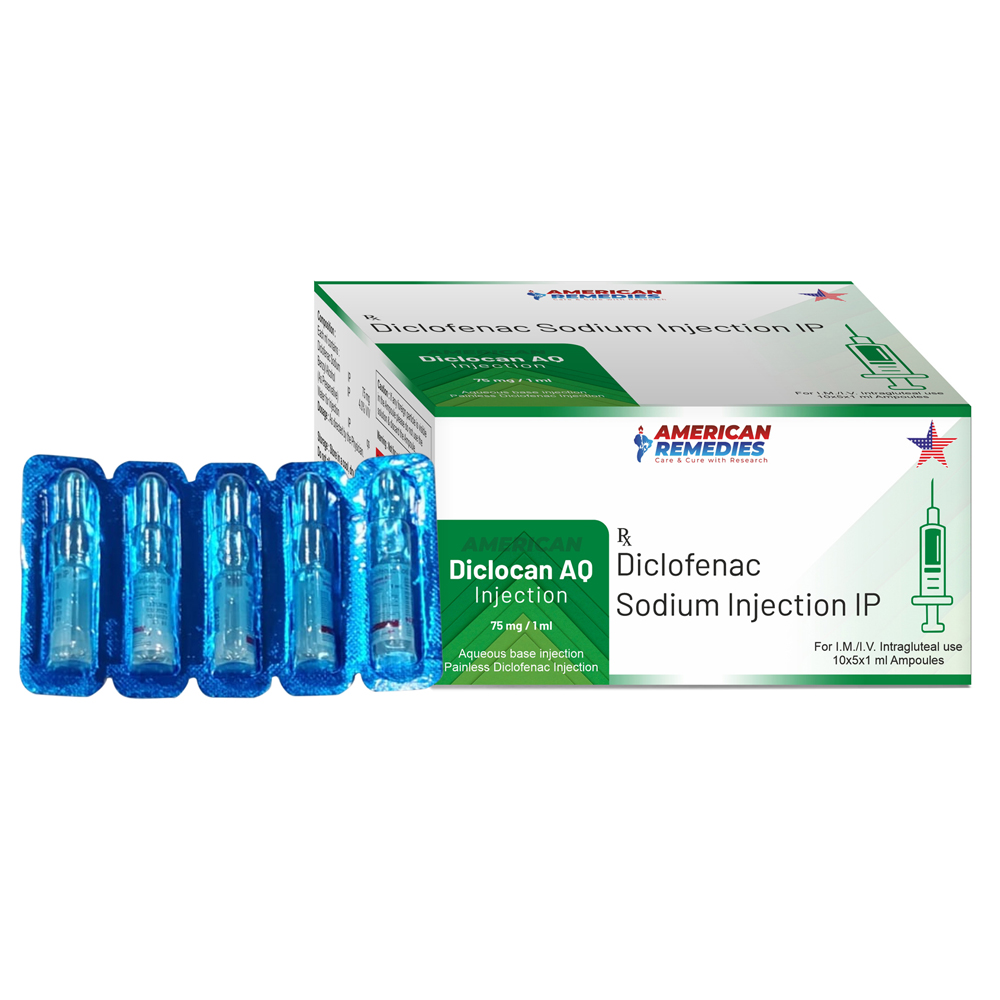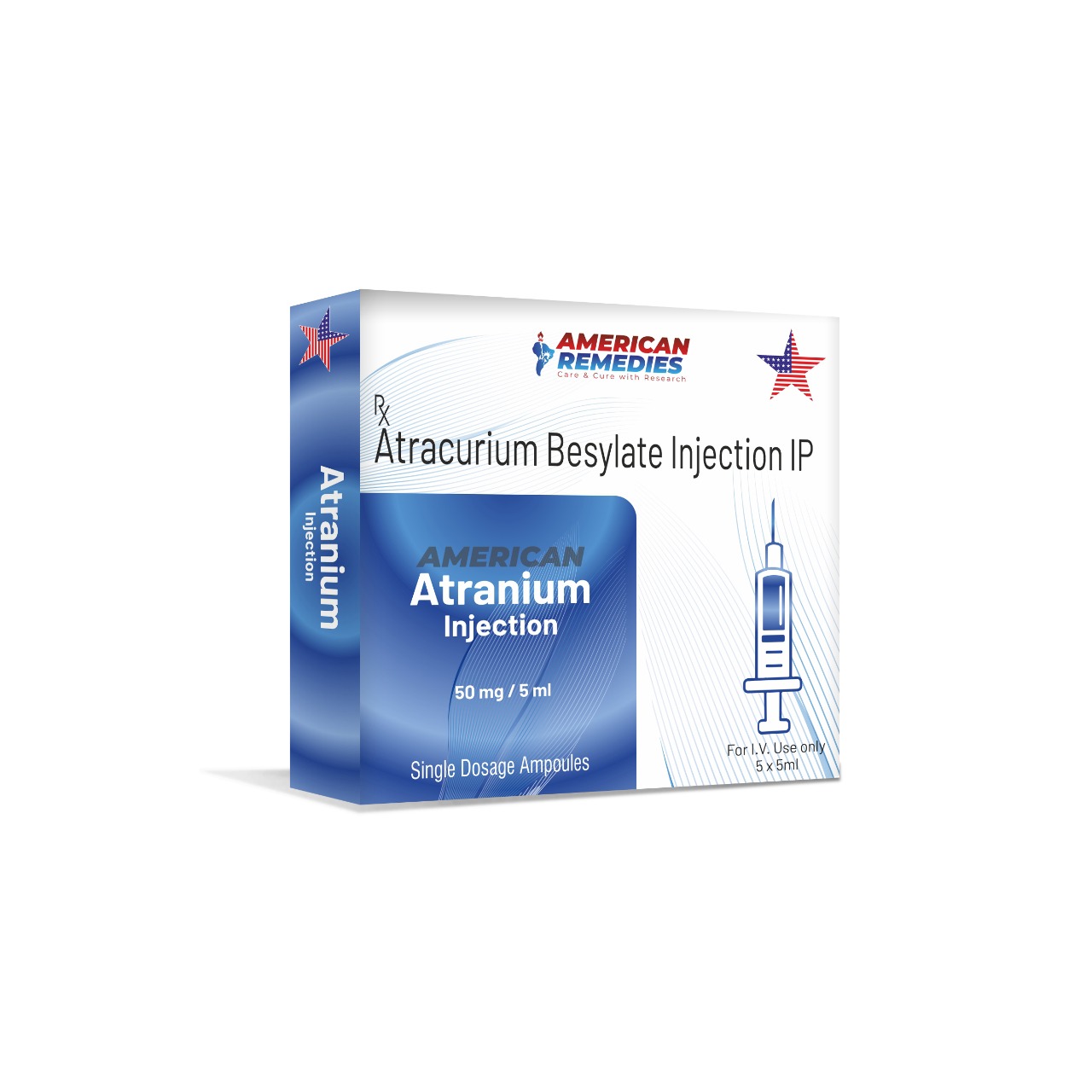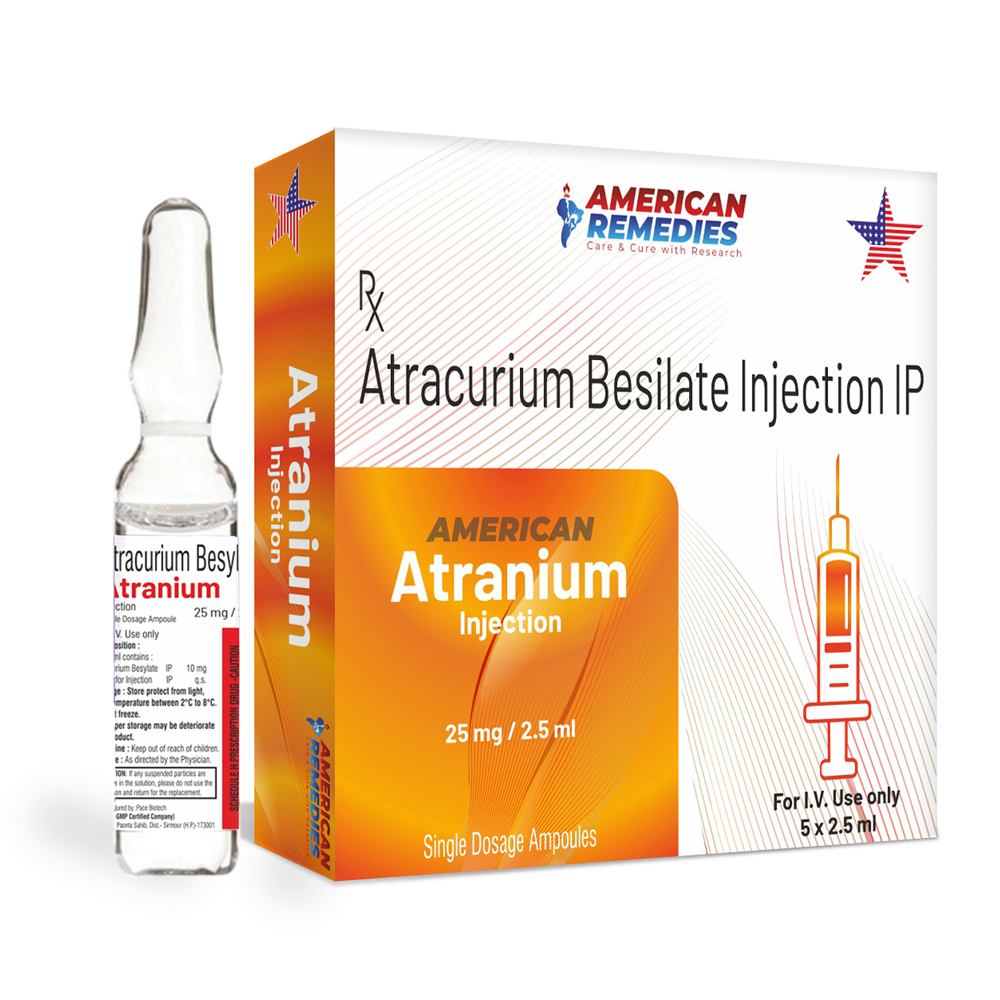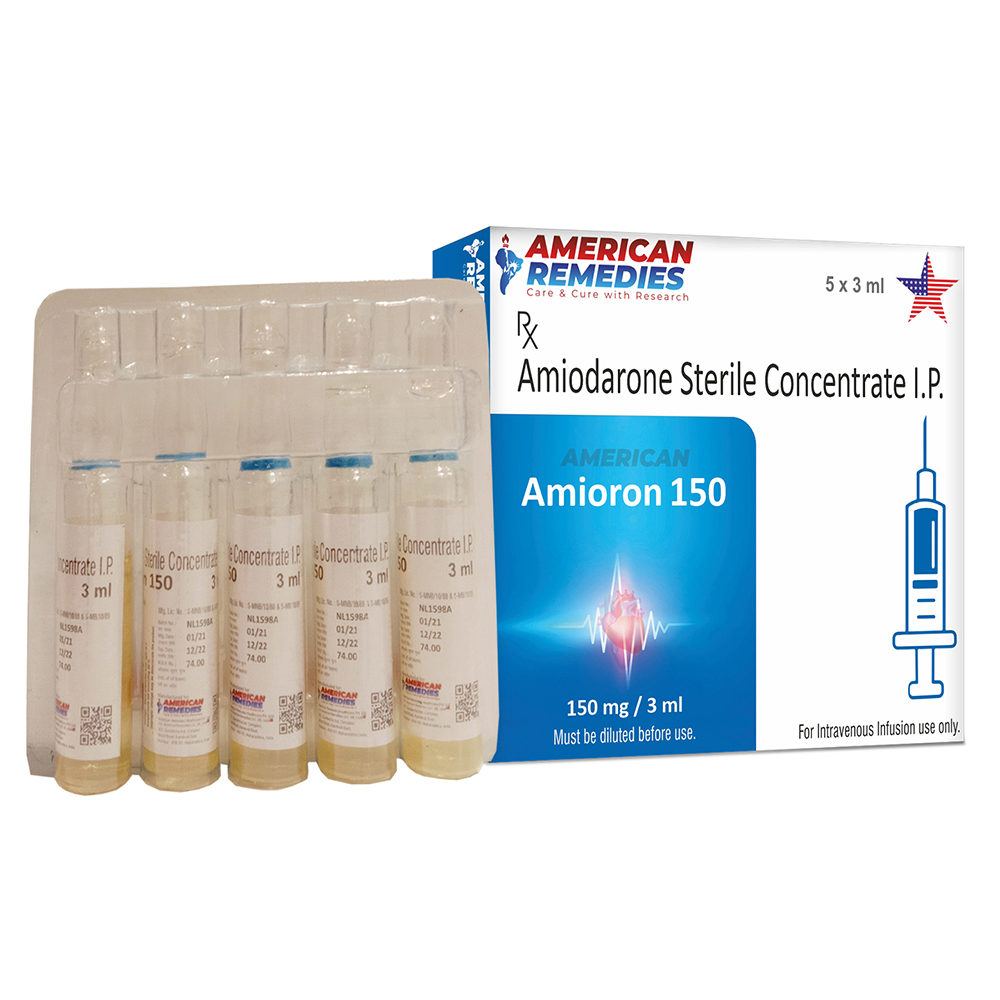INTRODUCTION ABOUT ENCORATE CHRONO 500MG TABLET ENCORATE CHRONO 500MG TABLET is a combination of Sodium valproate and Valproic acid, which belong to the group of medicines called Anticonvulsant/Antiepileptic drugs. It is used to manage epilepsy in adults and children. It is also used to manage bipolar disorders. Epilepsy is an abnormal electrical activity in the brain and nervous system. The symptoms may include temporary confusion, muscle stiffness, jerky movements in legs or arms, loss of consciousness, psychological symptoms (such as anxiety or fear), etc. ENCORATE CHRONO 500MG TABLET is not recommended for use in patients with liver problems or with a family history of liver problems, porphyria (a hereditary disease that affects the skin or nervous system), blood coagulation or clotting disorders, pancreatic diseases (inflammation of the pancreas), urea cycle disorder (a genetic disorder) or Alpers-Huttenlocher syndrome (a rare disorder that affects brain, liver & muscles), etc. ENCORATE CHRONO 500MG TABLET should be used with caution in patients with kidney problems or lung diseases (such as chronic obstructive pulmonary disease) and diabetes. ENCORATE CHRONO 500MG TABLET is also not recommended for use in pregnant and breastfeeding women. It should be used with caution in children (below 2 years of age). Consult your doctor before taking the medicine. The common side effects of taking ENCORATE CHRONO 500MG TABLET may include dizziness, headache, sleep disorders, clumsiness/unsteadiness, trembling of hands and arms and nervousness. Consult your doctor if any of the symptoms worsen or persist. USES OF ENCORATE CHRONO 500MG TABLET Manage epilepsy Manage bipolar disorders HOW ENCORATE CHRONO 500MG TABLET WORKS ENCORATE CHRONO 500MG TABLET helps in managing epilepsy, where sodium valproate and valproic acid effectively increases the GABA (a neurotransmitter/chemical messenger) concentration in the central nervous system by reducing its degradation. It also blocks certain ion channels which reduce high-frequency neuronal activity in the brain, thereby reliving seizure activity. DIRECTIONS FOR USE Take ENCORATE CHRONO 500MG TABLET as advised by your physician. Swallow the medicine with a glass of water with or after food. Do not crush or chew the medicine. Your doctor will decide the correct dose and duration for you depending on your age, body weight and disease condition. SIDE EFFECTS OF ENCORATE CHRONO 500MG TABLET COMMON headache sleep disorders clumsiness or unsteadiness trembling of hands and arms nervousness changing moods blurred vision ringing in ears deafness dizziness flu abdominal or stomach pain heartburn nausea and vomiting diarrhoea skin rash hair loss or thinning of hair back pain change in menstrual periods lack or loss of strength mental confusion aggression convulsion memory problems becoming unreactive bedwetting signs of liver damage such as skin and eyes that appear yellowish (jaundice), abdominal pain and swelling. signs of inflammation of the pancreas (pancreatitis) such as upper abdominal pain, abdomen tenderness, fever and rapid pulse signs of Fanconi syndrome (a disorder of kidney tubes) such as excessive thirst, urination, vomiting overgrown gum tissue agitation disturbance in attention abnormal behaviour hyperactivity learning disorder UNCOMMON unusual bleeding or bruising abnormal dreams anxiety feeling sad irritability pain in joints cough constipation dry eyes spots before the eyes ear infection ear pain runny nose dental pain bloating muscle pains or stiffness tiredness weight gain or loss learning disorder coma loss of muscle control brittle bones and fractures shortness of breath chest pain blood clotting problems RARE Stop taking ENCORATE CHRONO 500MG TABLET and contact your doctor if you experience any of the following side effects: signs of allergic reactions such as swelling of the face, lips, eyelids, throat and tongue, which may cause difficulty in breathing and swallowing signs of altered levels of ammonia in the blood characterized by vomiting, balance issues and lack of alertness signs of liver problems characterized by nausea, vomiting, tiredness, sleepiness, weakness, stomach pain, yellowing of the skin or whites of the eye signs of inflammation of the pancreas characterized by acute abdominal pain chest pain shortness of breath hallucinations suicidal thoughts psychosis (mental disorder causing disconnection from reality) toxic epidermal necrolysis (life-threatening skin disorder causing widespread skin pain, rashes, blisters, sores and crusting) Steven-Johnson syndrome (a skin disorder characterized by painful rashes and blisters on the skin) anaphylaxis (severe allergic reaction characterized by shortness of breath, fainting or fastened heartbeat) erythema multiforme (a skin condition characterized by raised red rashes on the skin)
Send Message